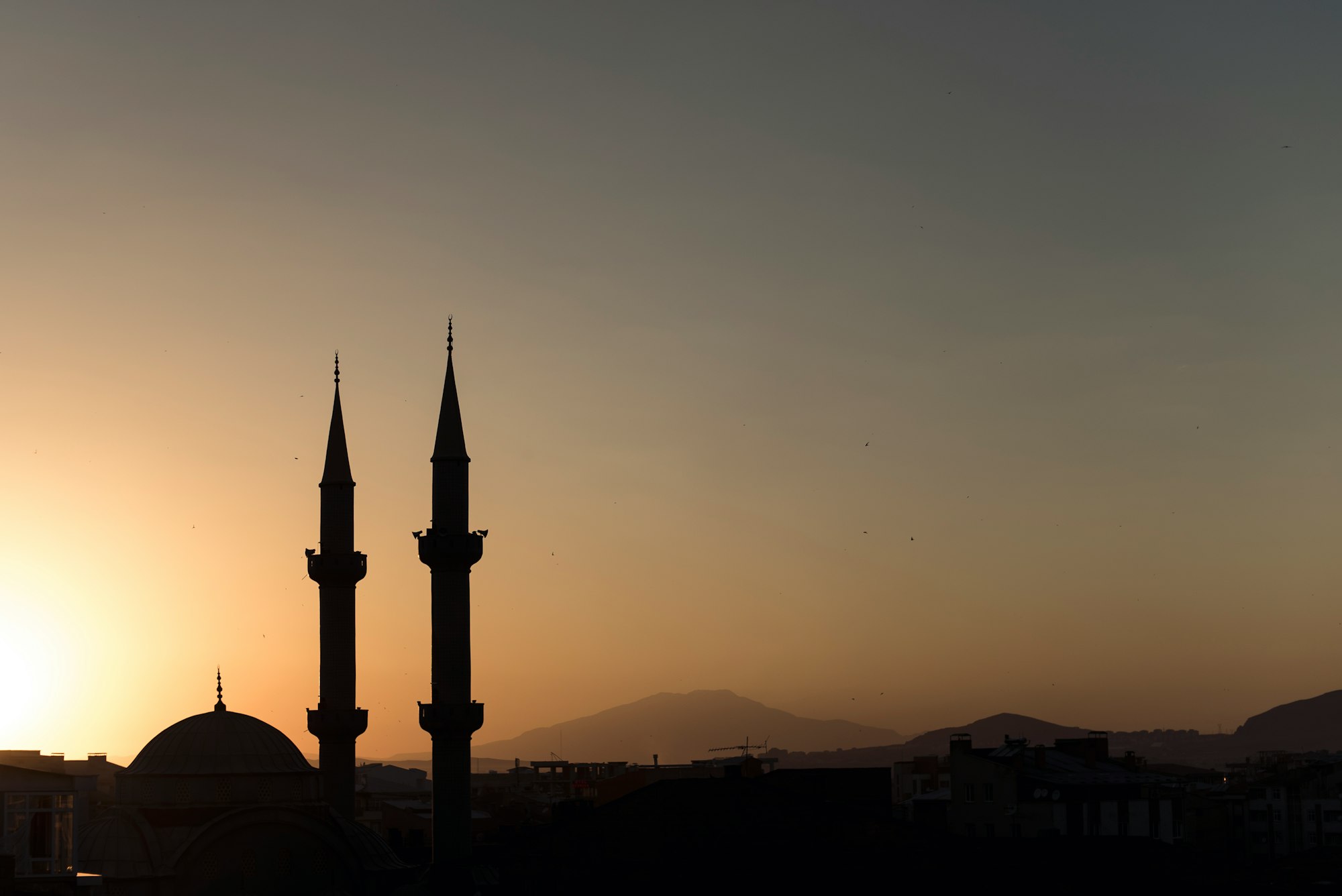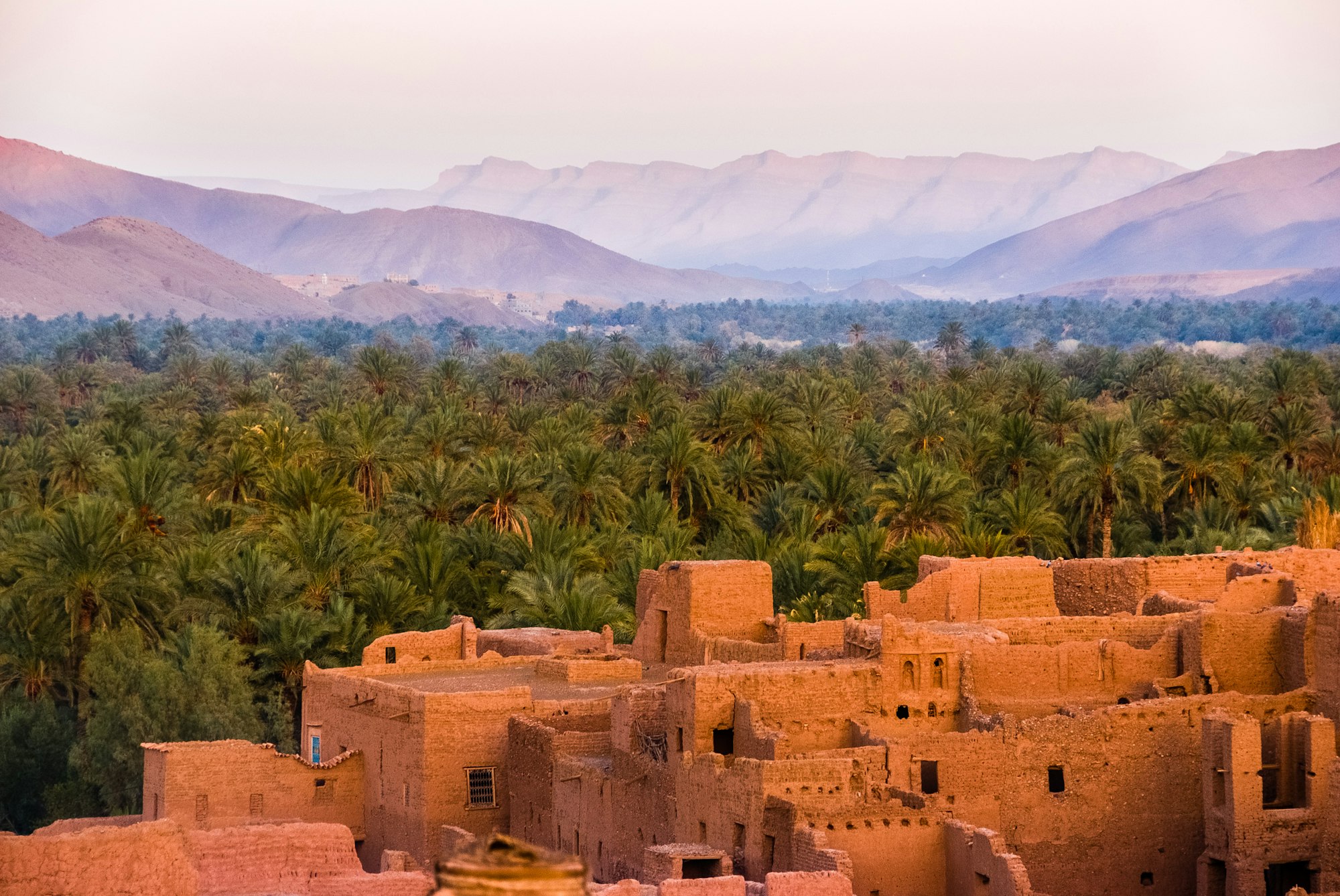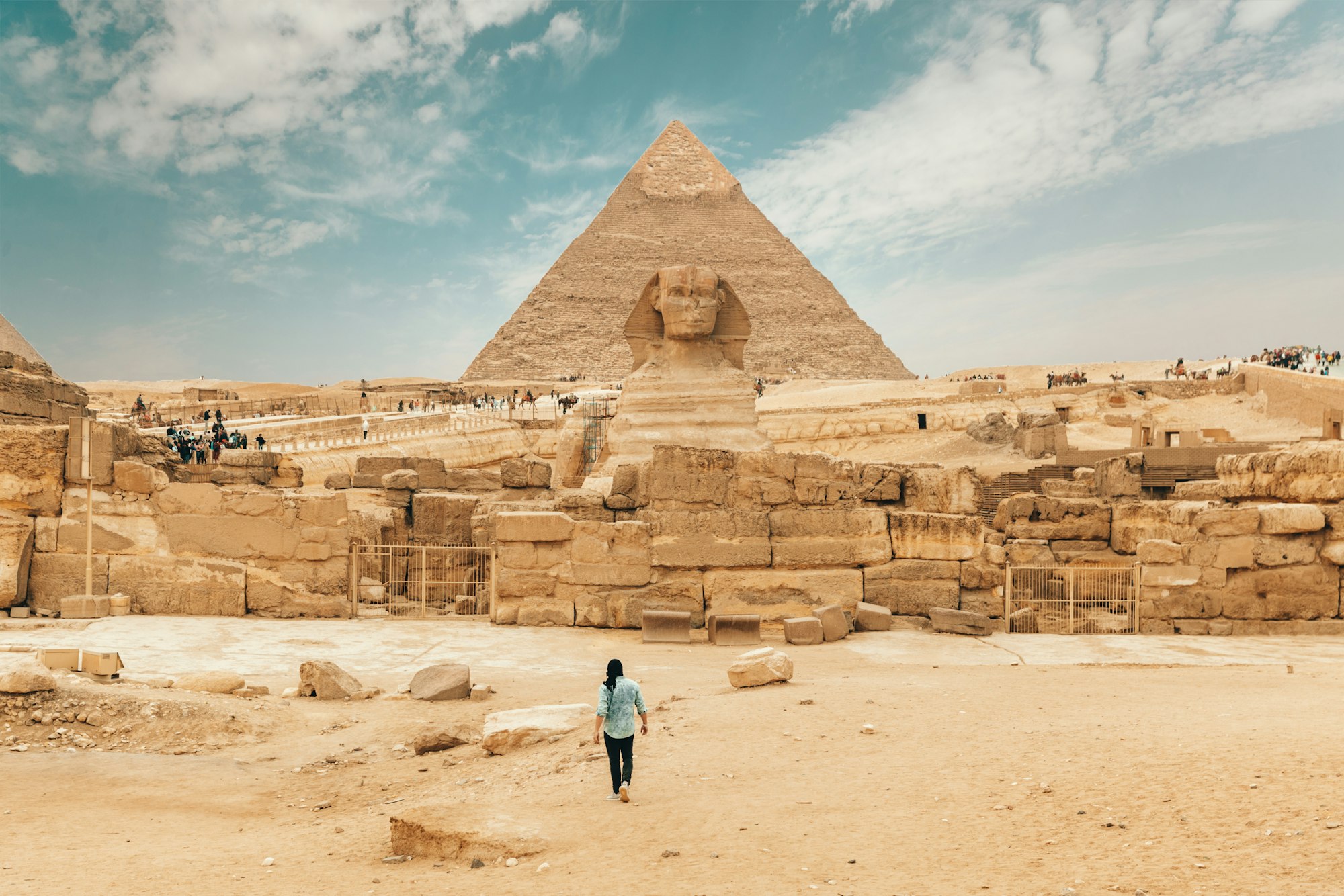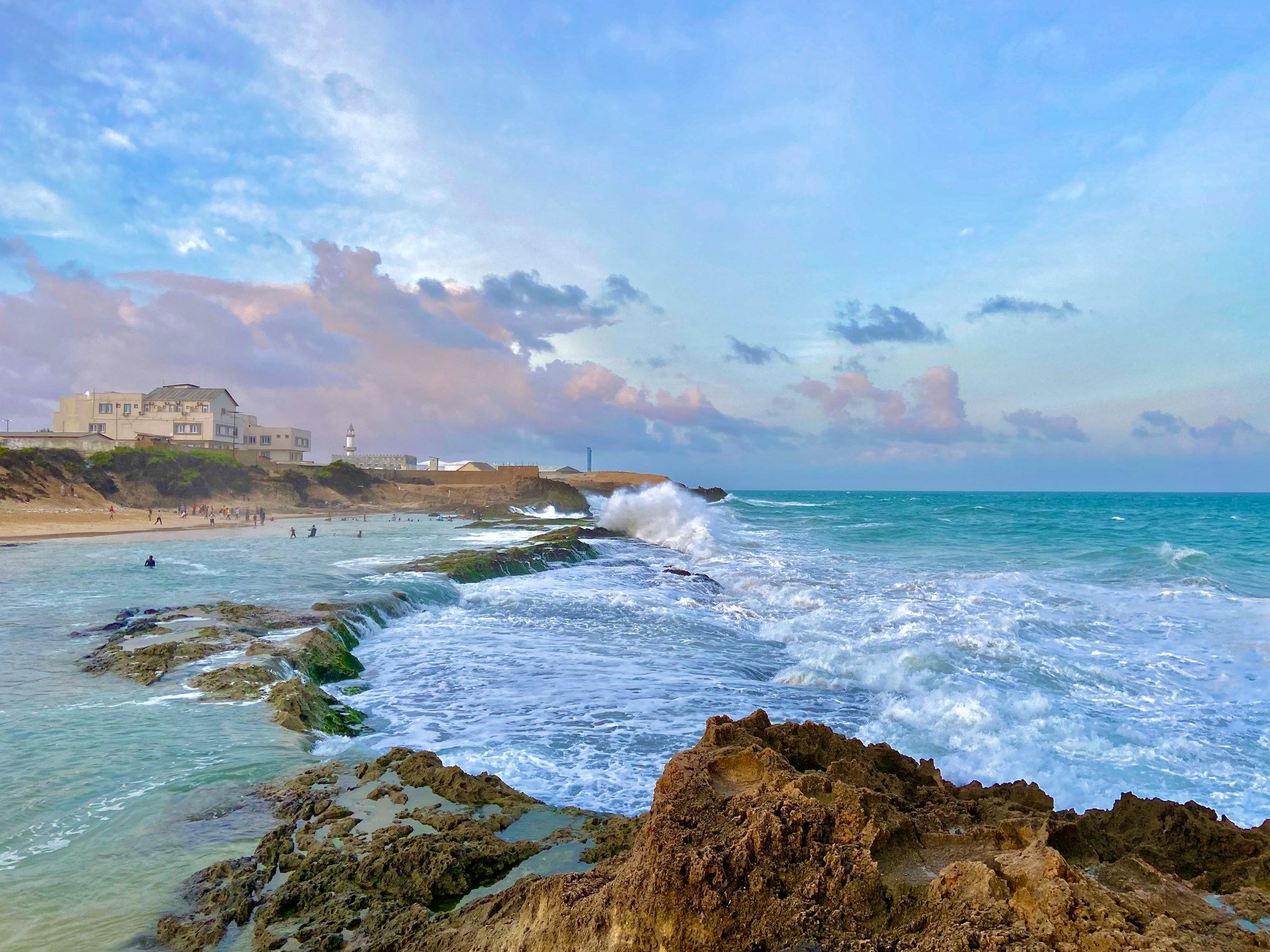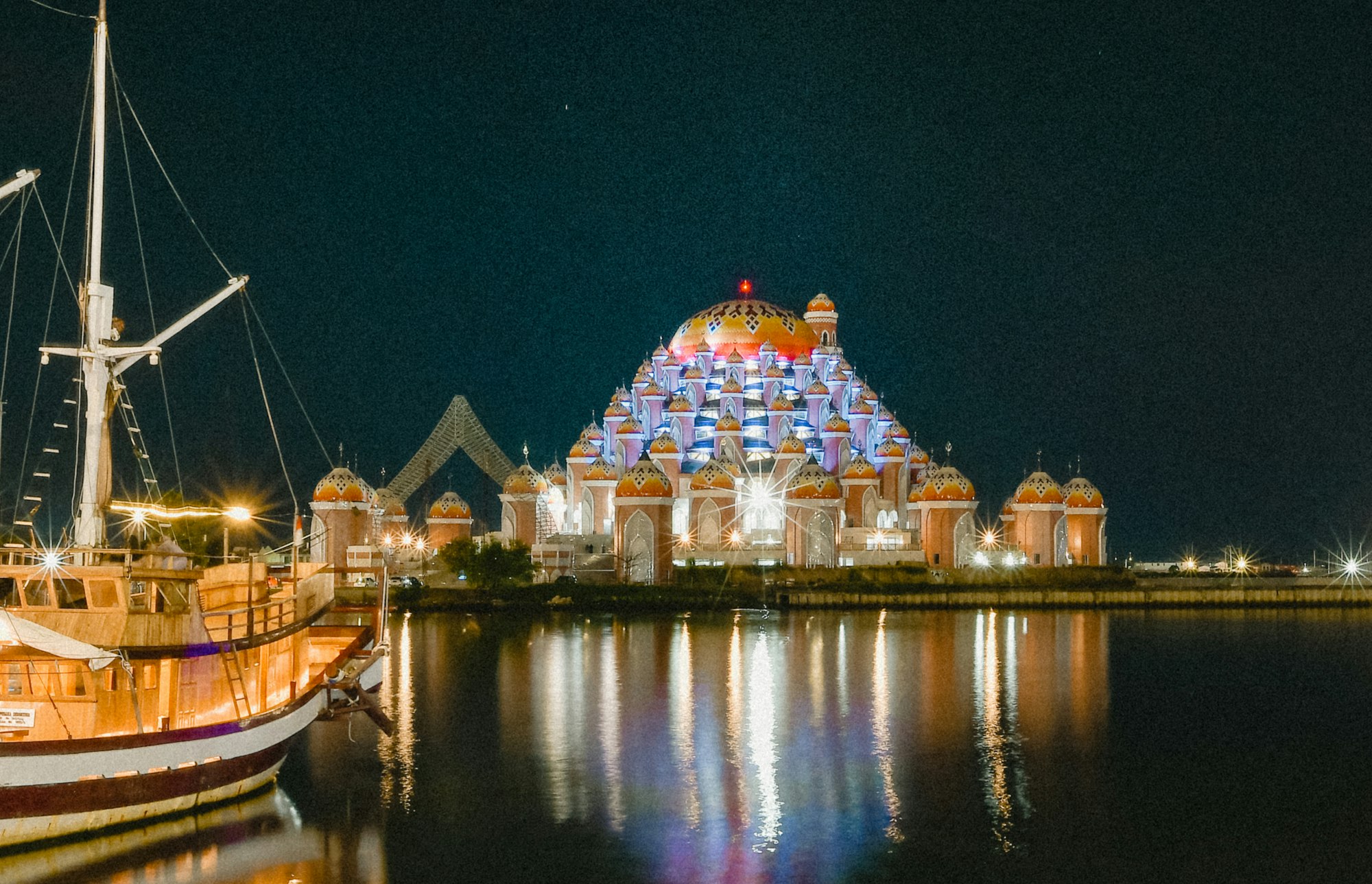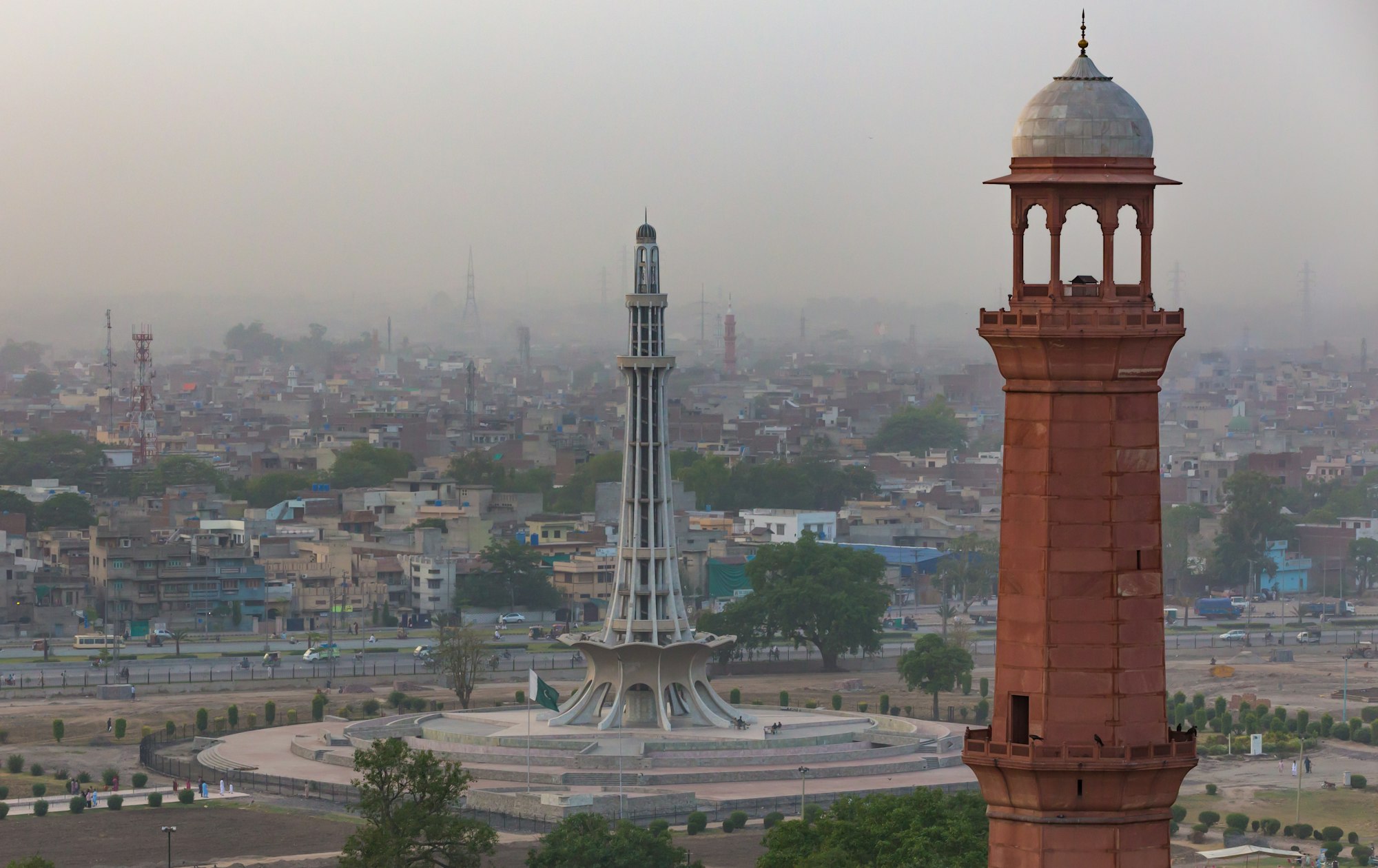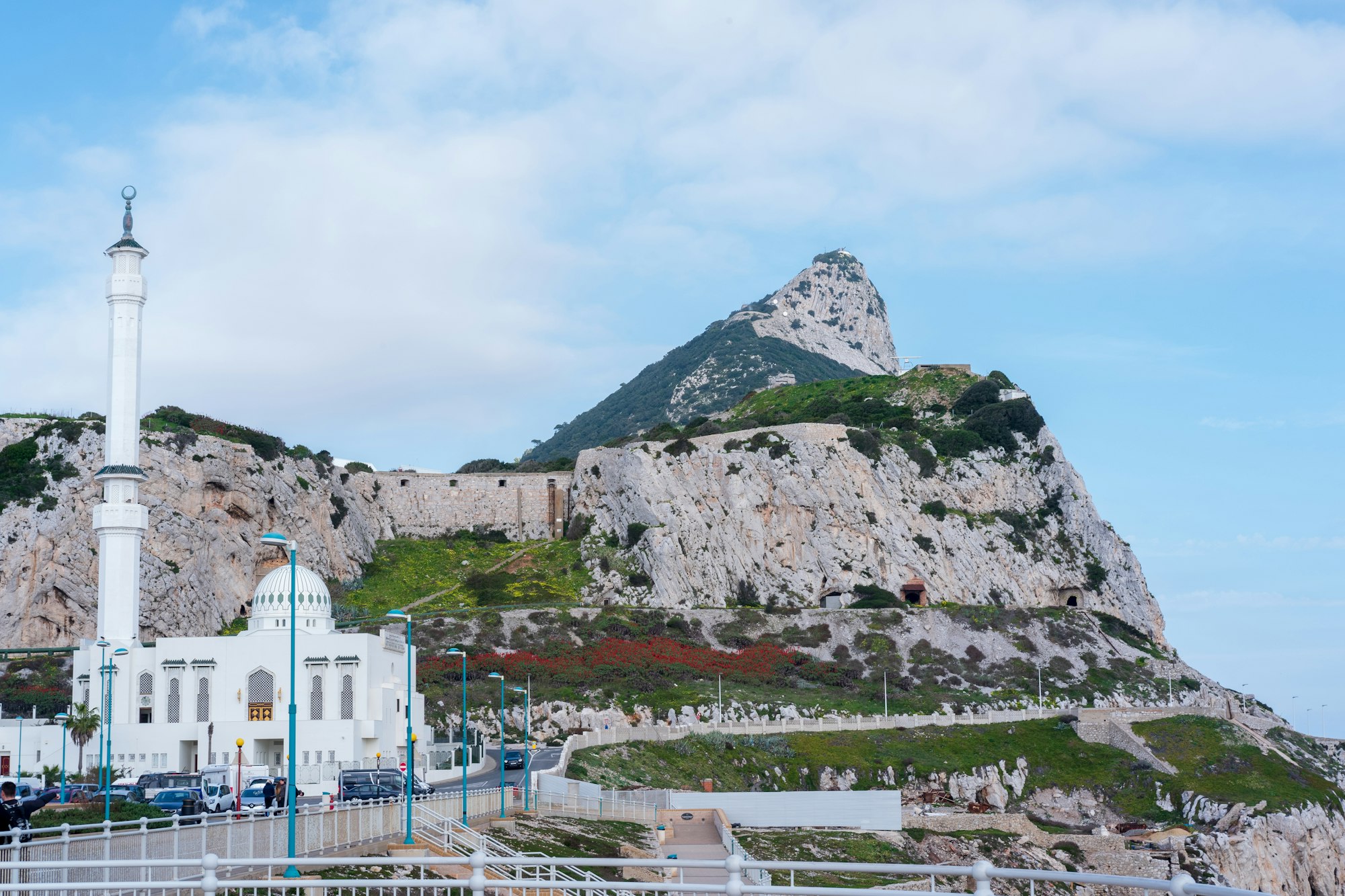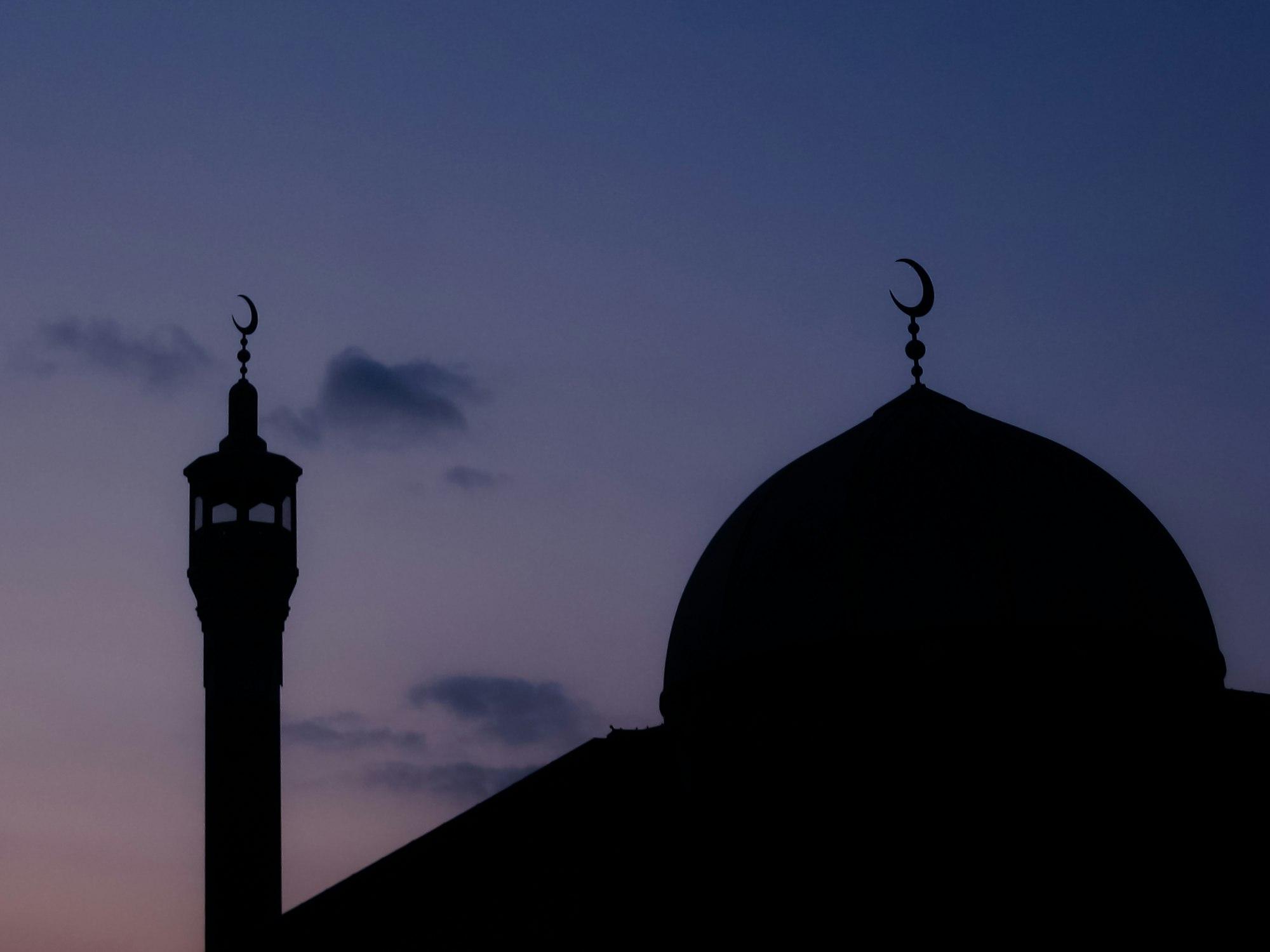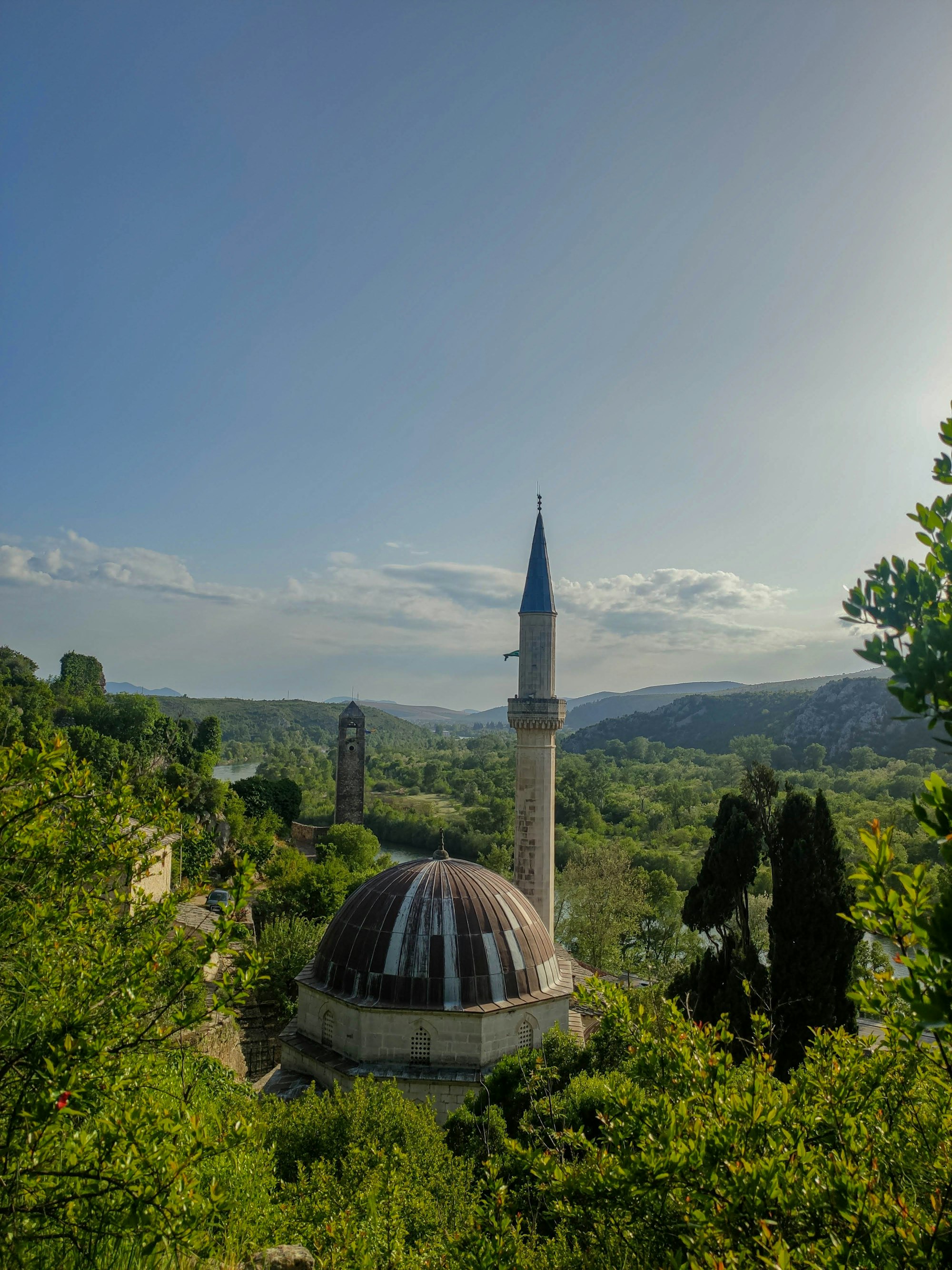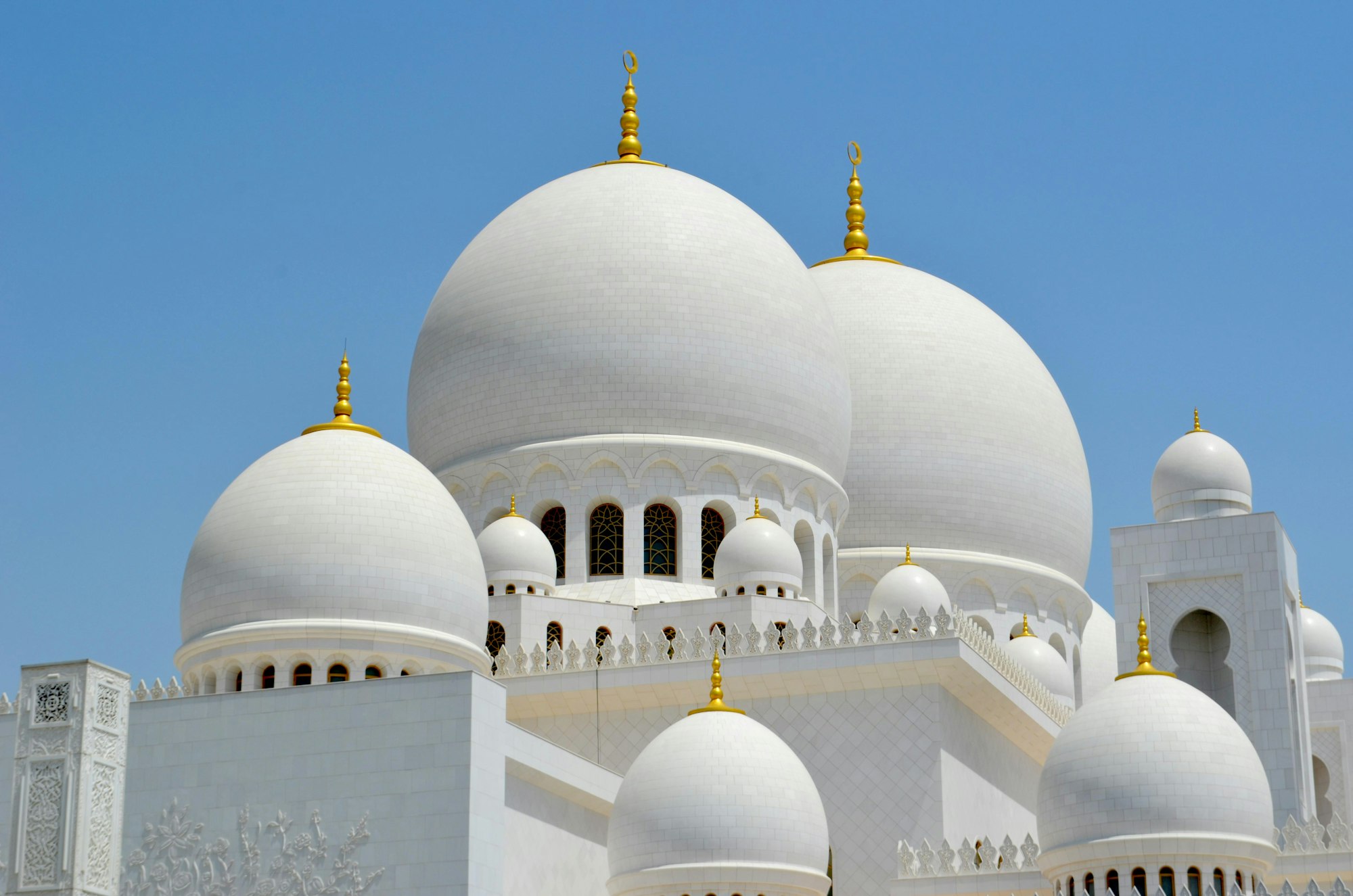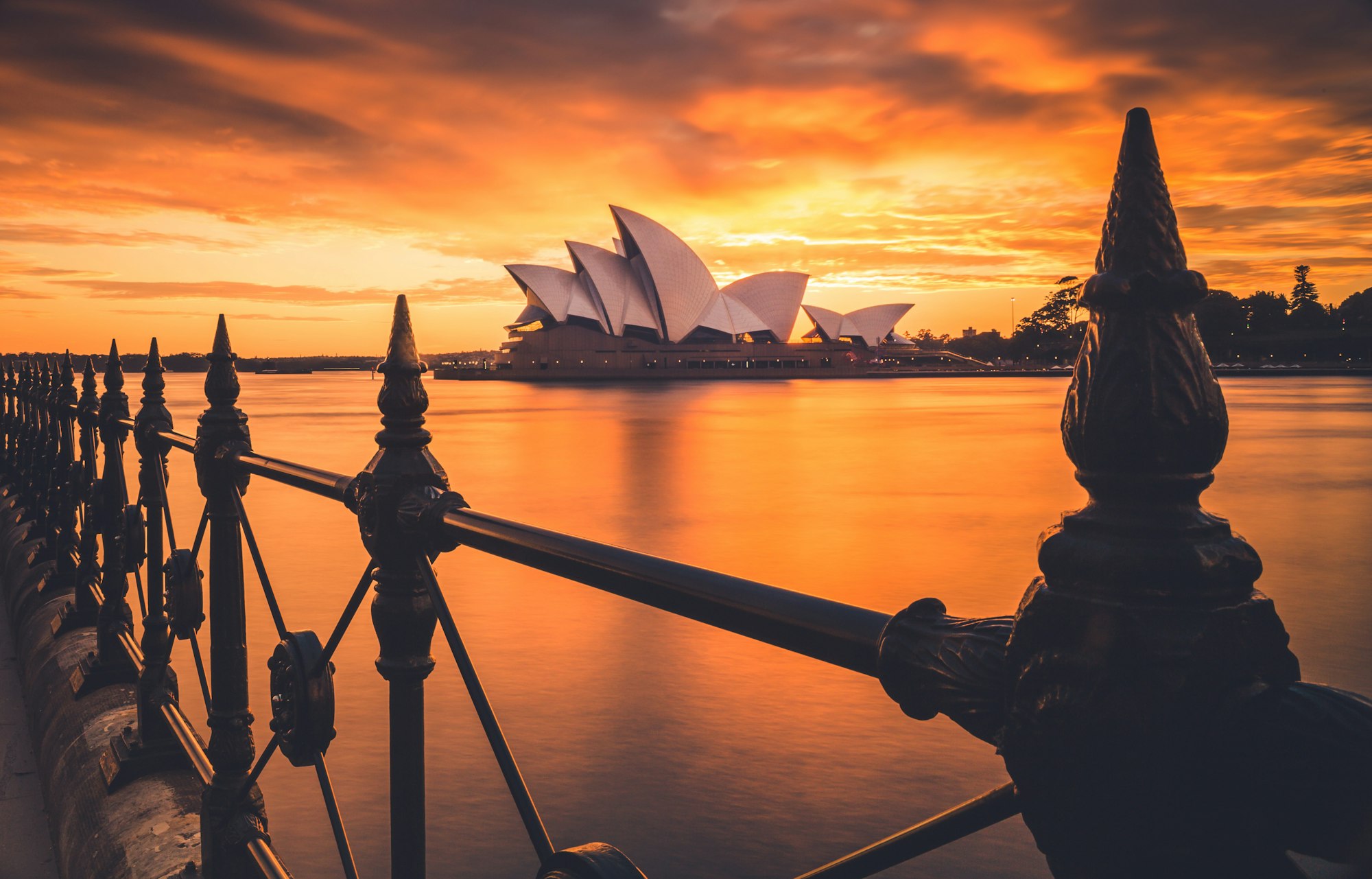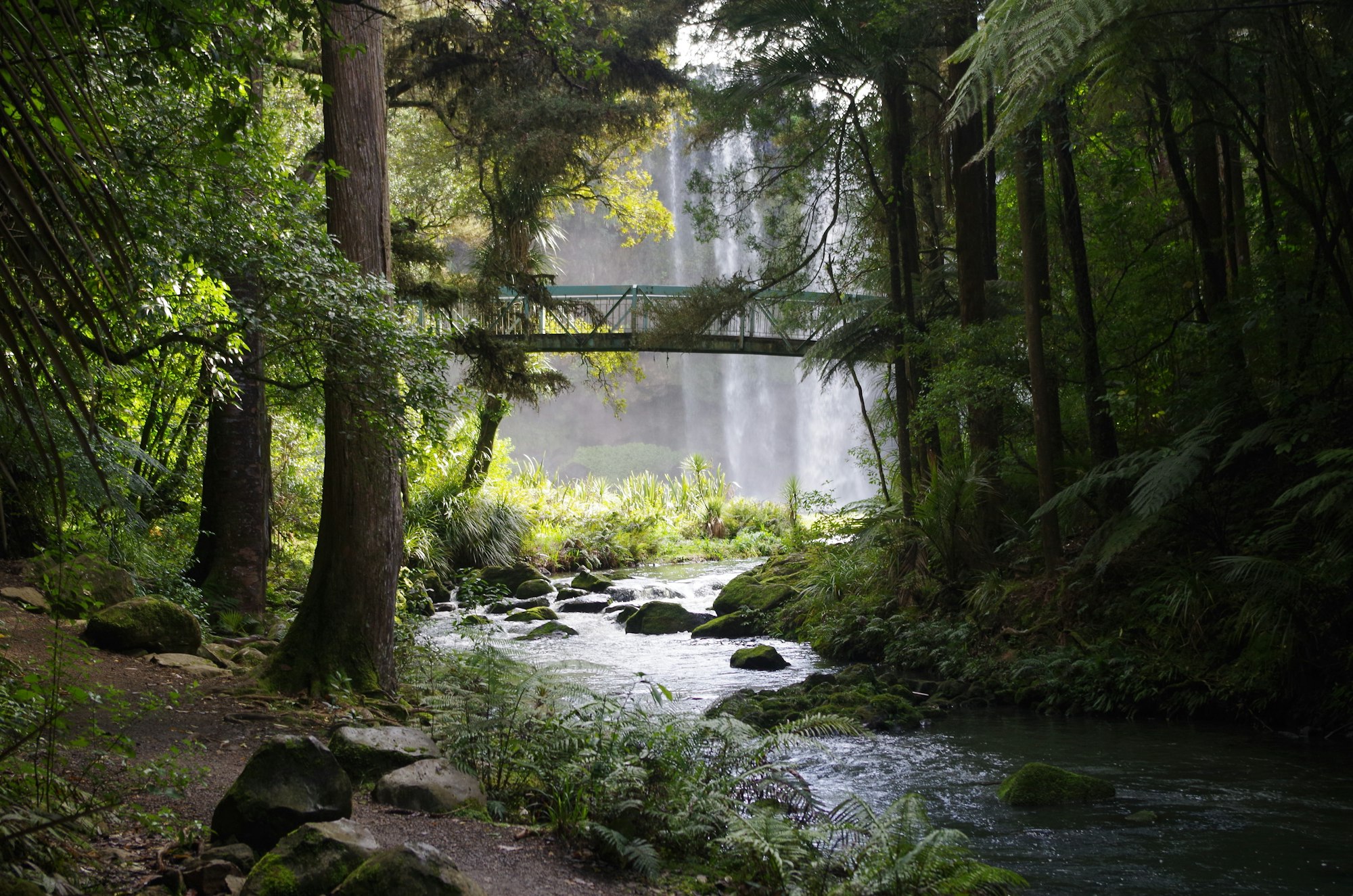A Global Journey at Dawn: Fajr Time Prayer Around the World
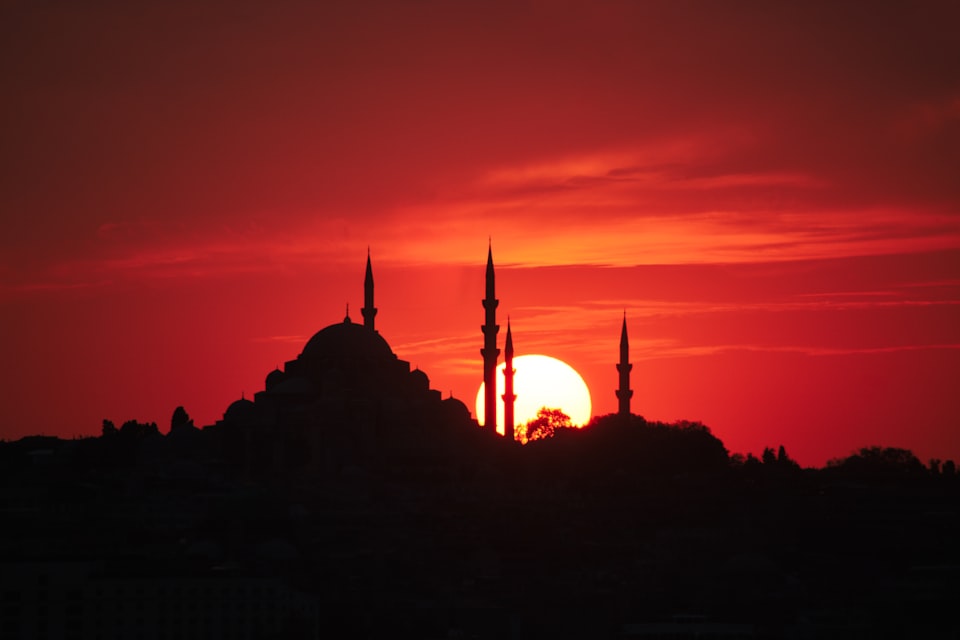
In the hushed hours of dawn, as the first glimmer of light peeks above the horizon, a global chorus of devotion reverberates across continents, cultures, and communities. This is the Fajr prayer, a unique and sacred ritual, binding Muslims worldwide in a tapestry of shared faith and commitment. It signifies the start of a new day and the first of the five daily prayers in Islam.
Definition of Fajr and its Significance in Islam
Fajr, derived from the Arabic root "f-j-r", means 'dawn' or 'beginning of light'. In the context of Islamic rituals, Fajr refers to the morning prayer, one of the five Salah (or Salat) that devout Muslims are obligated to perform daily. The Fajr prayer comprises two Rak'ah (units) and is performed at the break of dawn, just before the sun begins its ascent.
But Fajr is more than just a prayer; it's a testament to a Muslim's dedication to their faith. In the serenity of the early morning, when the world is still immersed in slumber, the believer stands before their Creator, affirming their submission and gratitude. The act of rising early, often in the hush of pre-dawn darkness, denotes a sacrifice of comfort and sleep for the sake of worship, echoing the sentiment that God's call takes precedence over all else.
Moreover, the time of Fajr holds profound symbolic meaning. Just as the day breaks with the first light after the darkness of night, the Fajr prayer symbolizes hope, renewal, and the constant cycle of life and death. It is a reminder for Muslims that in the grand tapestry of existence, the Divine Light always follows periods of darkness, both in a literal and metaphorical sense.
Highlight of its Observance as a Unifying Ritual Among Muslims Worldwide
Every day, from the winding alleys of Marrakech to the towering skyscrapers of Kuala Lumpur, from the bustling streets of Cairo to the serene landscapes of Scandinavia, the call to Fajr prayer, or Adhan, announces the dawn. In this moment, irrespective of their location, ethnicity, or social standing, millions of Muslims turn towards the Kaaba in Mecca in unison, showcasing the incredible unity of the Ummah (global Muslim community).
This shared act of devotion becomes a powerful symbol of unity. The same Arabic verses are recited, the same sets of physical movements (rak'ah) are performed, and the same intentions (niyyah) are made. For those few minutes, Muslims of every age, race, and nationality are connected by a common thread of faith.
Furthermore, this global observance transcends geographical and political boundaries. While countries may differ in terms of culture, language, and governance, the Fajr prayer remains a constant, unchanging ritual observed by all. It serves as a poignant reminder that at the heart of the vast and diverse world of Islam lies a core set of beliefs and practices that unite its followers.
The Fajr prayer, with its deep-rooted significance and global observance, encapsulates the essence of Islam – submission to the Divine, hope in the face of darkness, and the profound unity of believers. As the world wakes up to a new day, Muslims have already started theirs with a humble bow to the Almighty, collectively marking the dawn of another day in the journey of faith.
The Science Behind Fajr Time
Across the vast landscapes and diverse terrains of our planet, the ritual of the Fajr prayer, one of the five daily prayers in Islam, binds millions together in a symphony of faith. While the underlying spiritual significance of Fajr remains consistent, the precise time it's observed varies depending on geographical location. But why is that? And how exactly is Fajr time determined? Let's embark on a scientific exploration of this early morning prayer.
Explanation of how Fajr time is determined (the breaking of dawn)
Before the sun rises, there are two key periods of dawn: civil twilight and astronomical twilight. Fajr time corresponds with the beginning of astronomical twilight. This is the time when the center of the sun is between 12 and 18 degrees below the horizon. It's that special moment when the very first light appears on the horizon, signifying the break of dawn. This light is often referred to as the "first light" and is a faint, diffused illumination.
Determining Fajr isn't just about watching for the first light, though. It's a calculated time based on precise observations of the sun's angle below the horizon. Scholars and experts use advanced astronomical data and tools to provide accurate Fajr timings for their regions.
The variation of Fajr times across different countries and regions due to latitude and seasonal changes
The Earth's axial tilt and its orbit around the sun are responsible for the varying day lengths we experience throughout the year. This, in turn, affects the timing of dawn and, consequently, the Fajr prayer.
-
Latitude Effects:
-
Equatorial Regions: Close to the equator, day and night are nearly the same length year-round. This means Fajr times don't vary much throughout the year. Countries like Kenya or Indonesia, for instance, experience relatively consistent Fajr times.
-
Mid-latitudes: As one moves away from the equator, there's more variation in day length throughout the year, leading to more fluctuation in Fajr timings. In countries like France or the USA, Fajr can be very early in summer and much later in winter.
-
High-latitudes/Polar Regions: In regions close to the poles, there can be extremes. During certain times of the year, the sun never sets (midsummer) or never rises (midwinter). This phenomenon can create challenges for determining Fajr. In places like Norway or Alaska, local scholars often provide guidelines, like following the times of the nearest city where night is distinguishable from day or using the timings of Mecca.
-
-
Seasonal Changes: Due to the tilt of the Earth, the Northern and Southern Hemispheres experience opposite seasons. When it's summer in the Northern Hemisphere, it's winter in the Southern Hemisphere, and vice versa. This means that while Fajr becomes earlier in the northern summer months, it becomes later in the southern regions – and the pattern reverses in winter.
In the profound silence of early morning, as the world stands on the brink of awakening, millions rise for Fajr, no matter where they are or how the sun's journey affects their local horizon. Through the intricate dance of celestial bodies and the Earth's ever-spinning axis, Fajr time weaves a tapestry of unity in diversity, echoing the universal call to prayer and reflection.
Africa: Unity Amidst Diversity
The African continent, with its rich history and varied landscapes, is a melting pot of cultures, tribes, and languages. Despite the diverse tapestry of backgrounds, Fajr prayer emerges as a unifying force, binding the hearts of the faithful together.
Morocco
Historic Mosques and the Sounds of the Call to Prayer Echoing at Dawn
Nestled between the Atlantic Ocean and the Sahara Desert, Morocco boasts a rich Islamic heritage. The ancient city streets of Fez and Marrakech are adorned with historic mosques, some dating back centuries. As dawn breaks, the silence of the early morning is gently interrupted by the mesmerizing adhan, the call to prayer. It weaves its way through the winding alleyways, beckoning worshippers to leave the warmth of their beds and converge at the mosques. As they lay their prayer rugs facing the Kaaba, the spiritual and historic ambiance is palpable.
Egypt
Gathering of Families for Fajr Followed by a Short Rest Before Beginning the Day
Egypt, often referred to as the cradle of civilization, is home to bustling cities and iconic pyramids. Along the Nile, millions of Muslims begin their day with the Fajr prayer. In many households, it's a family affair. Elders, parents, and even young children gather in their living rooms, lining up in unison for Salah. The prayer serves as both a spiritual obligation and a treasured family bond. Following the Fajr prayer, it's not uncommon for families to take a short nap, rejuvenating themselves before diving into the day's responsibilities. This blend of devotion and daily routine epitomizes the essence of Egyptian mornings.
Somalia
Rooftop Prayers in the Capital, Mogadishu
In the heart of the Horn of Africa, Somalia stands tall with its resilient spirit. The capital, Mogadishu, with its turbulent history, has witnessed the enduring faith of its residents. As the sky begins to light up with the first rays of dawn, many Somalis find solace on their rooftops. With a panoramic view of the awakening city, they roll out their prayer mats, standing shoulder to shoulder, and bow in submission to the Almighty. This elevated vantage point not only allows worshippers to connect with their Creator but also to reflect on the vastness of the world around them, hoping for peace and prosperity.
Asia: Traditions Rooted in Faith
Indonesia: Community Prayer in Rural Villages and Metropolitan Areas Like Jakarta
Indonesia, the world's largest Muslim-majority country, paints a harmonious image of Fajr prayers. As the dawn breaks, the "Adhan" (call to prayer) resonates from minarets, echoing across sprawling rice paddies in rural villages and reverberating amidst the skyscrapers of bustling metropolises like Jakarta.
In rural regions, villagers often gather in community mosques built with traditional Javanese architecture. The sound of gentle footsteps, children's laughter, and the murmur of prayer beads, blend with the tranquil ambiance of nature. In stark contrast, in Jakarta, massive, modern mosques, like the Istiqlal Mosque, become hubs of spiritual activity. Amidst the fast-paced life of the city, Fajr becomes a serene moment of introspection and communal bonding.
Pakistan: The Blend of Fajr Prayers and Traditional Qawwali Music in Shrines
Pakistan, steeped in Sufi traditions, offers a mystical experience at dawn. While the urban centers reverberate with the familiar sound of the Adhan, in many of the country's ancient shrines, there's an added dimension - Qawwali.
As devotees gather for Fajr prayers in shrines, like that of Data Ganj Baksh in Lahore or Shahbaz Qalandar in Sindh, the somber atmosphere is occasionally pierced by the soulful tunes of Qawwali, a form of Sufi devotional music. This intermingling of prayer and song transforms the Fajr ritual into a profound spiritual experience, allowing worshippers to connect with the divine in a truly unique way.
Turkey: Unique Call to Prayer Styles and the Serenity of Praying by the Bosporus
Straddling two continents, Turkey stands as a testament to the confluence of cultures and faiths. The Fajr prayer in Turkey brings its own unique flair. The melodious Adhan here is influenced by the country's rich history, blending various Anatolian, Byzantine, and Ottoman tones.
Nowhere is this experience more mesmerizing than in Istanbul, where one can perform their Fajr prayers by the shimmering waters of the Bosporus. As the muezzin's call interlaces with the gentle sounds of the sea, worshippers at mosques like the Sultan Ahmet or the Ortaköy Mosque find tranquility. The silhouette of minarets against the breaking dawn, with seagulls soaring overhead and the gentle ripple of the Bosporus below, makes for an ethereal setting.
Across Asia, as dawn breaks and the world transitions from darkness to light, the Fajr prayer becomes more than just a religious ritual. It's a testament to the universality of faith and the diverse traditions that bring it to life. From the community gatherings of Indonesia to the spiritual Qawwali of Pakistan and the scenic serenity of Turkey, Fajr remains a global journey of connection, reflection, and hope.
The Middle East: Heartland of Rituals
The Middle East, the birthplace of Islam, resonates with history, culture, and deep-rooted religious traditions. The Fajr prayer here is not just an act but an experience that combines the ancient rituals with the modern pulse of life. Let's embark on a journey through three of its nations and delve into their unique Fajr traditions.
Saudi Arabia: The grandeur of Fajr prayers in Masjid al-Haram in Mecca.
In Mecca, the epicenter of the Islamic world, the Fajr prayer takes on a magnitude like nowhere else. The Masjid al-Haram, which houses the Holy Kaaba, echoes with the mellifluous call to prayer (Adhan) that invites believers to stand shoulder to shoulder, leaving behind all worldly differences. The vast marble courtyard, shimmering under the soft pre-dawn lights, sees a sea of worshippers moving in harmony during the Salah. The energy, spirituality, and unity felt during the Fajr prayer in this holy mosque are unparalleled. To be amidst thousands, with the Kaaba as the focal point, evokes a profound sense of humility and gratitude.
Jordan: The blend of history and faith in the ancient city of Petra.
Amidst the rose-red cliffs of Petra lies a legacy of faith and ancient civilization. While Petra might be renowned for its archaeological wonders, it is also home to devout Muslims who have been observing the Fajr ritual for centuries. The morning Adhan reverberates through the rocky canyons, signaling the start of a new day. In the backdrop of the majestic Al-Khazneh and ancient tombs, believers gather in small community mosques, blending their modern-day faith with the weight of history around them. This combination of heritage and devotion provides a unique spiritual ambiance that stands as a testament to the timeless nature of Fajr.
UAE: Modernity meets tradition with state-of-the-art mosques and Fajr observance.
The UAE, a nation known for its towering skyscrapers and avant-garde architecture, has not let modernity overshadow its rich traditions. The Fajr prayer here is a synthesis of the old and the new. The Sheikh Zayed Grand Mosque in Abu Dhabi, an architectural marvel, welcomes thousands during Fajr. Its white domes and minarets stand stark against the morning sky, and the melodious Adhan competes with the soft chirping of the birds. The carpeted prayer halls, illuminated with soft lights, offer a haven of peace. As the sun rises over the urban horizon, casting golden reflections on the mosque's pools, it captures the perfect blend of the UAE's commitment to both progress and tradition.
Across the globe, from the towering minarets of Turkey to the bustling streets of Indonesia, the Fajr prayer remains a unifying thread of faith and submission. While each region offers its unique tapestry of experiences, the essence remains the same: a deep connection with the Creator, a sense of community, and a peaceful start to the day. Whether amidst ancient ruins or state-of-the-art structures, the spirit of Fajr continues to illuminate the hearts of believers everywhere.
Europe: Faith in the Midst of Modernity
Europe’s rich tapestry of history and its modern dynamics both interact uniquely with the practice of Fajr prayers. Though perhaps not immediately recognized for its Islamic history or communities, several European nations provide captivating tales of devotion and endurance.
Spain: The history of Al-Andalus and current Fajr rituals in Cordoba and Granada
The echoes of the Islamic past resonate through the very stones of Cordoba and Granada. From the 8th to the 15th centuries, Al-Andalus was a beacon of enlightenment, education, and intercultural coexistence in the Medieval world. The Fajr prayers would have once sounded from hundreds of mosques, a melody in sync with the soul of the land.
Today, while the magnificent structures like the Alhambra and the Mezquita remind us of a bygone era, there remains a vibrant Muslim community that continues the age-old tradition of greeting dawn with prayer. In cities that once thrummed with Islamic scholarship and culture, modern-day Muslims in Cordoba and Granada observe the Fajr rituals, keeping the spirit of Al-Andalus alive in the corridors of time.
United Kingdom: Stories from diverse communities, from London to Glasgow
The mosaic of cultures and traditions that is the United Kingdom also tells stories of Fajr prayers whispered in a myriad of languages. From the historical mosques of London, enriched with migrants from the Indian subcontinent, Africa, and the Middle East, to the newer establishments in Glasgow, serving a growing, diverse Muslim community – the UK is replete with Fajr tales.
In London, the iconic East London Mosque sees thousands congregate for prayers, their faith undeterred by the pulsating modernity around them. Glasgow, too, tells stories of young and old braving the cold Scottish mornings, with the call for Fajr providing warmth and spiritual solace.
Bosnia and Herzegovina: The resilience of Fajr prayers amidst historical challenges
If there's a place where the Fajr prayer symbolizes resilience, it's Bosnia and Herzegovina. With its tumultuous past, especially the tragic events of the 1990s, the act of praying at dawn became both a spiritual refuge and an act of defiance for many.
The haunting beauty of the landscape juxtaposes with the bullet marks on old structures, but as dawn breaks, the serene voice of the muezzin (the one who gives the call to prayer) rises above. In cities like Sarajevo, where history is etched in every corner, the Fajr prayer stands as a testament to the indomitable spirit of the Bosnian people. It's a daily ritual, a connection to the Almighty, and a message to the world – that faith endures, no matter the odds.
From the architectural wonders of Spain to the bustling metropolises of the UK and the resilient heart of Bosnia and Herzegovina, the Fajr prayer in Europe weaves tales of dedication, endurance, and an undying spirit. As dawn breaks and the world slowly awakens, there’s a moment of divine connection, a global symphony of faith that speaks of history, challenges, and an unwavering commitment to the Divine.
The Americas: A Melting Pot of Traditions
For Muslims, this time signals the Fajr prayer, the first of the five daily prayers. This ritual is observed globally, acting as a spiritual bond that transcends borders and cultures. Today, we journey through the Americas, discovering how the Fajr prayer weaves into the tapestry of each nation's unique traditions.
United States: Fajr Prayers from the Hustle of NYC to the Quietude of Small-town Mosques
In the United States, Islam has been a part of the nation's story for centuries. In the bustling streets of New York City, amidst the neon lights and the honking cabs, you'll find Muslims immersed in Fajr prayers. In neighborhoods like Jackson Heights and Astoria, mosques overflow with worshipers seeking a moment of peace in the city that never sleeps.
Juxtapose this against the serene quietude of small-town mosques in places like Kansas or Tennessee, where the dawn prayer might be the only time you hear a whisper in the stillness of the morning. These mosques, often converted from homes or other structures, serve as spiritual hubs for their communities. Whether in the heart of NYC or the plains of the Midwest, the call to Fajr resonates, a reminder of the faith's enduring presence.
Brazil: The Growing Muslim Community and Dawn Prayers Amidst Carnival Celebrations
Brazil is renowned for its vibrant culture and colorful carnival celebrations, but there's a growing presence of Islam that often goes unnoticed. In cities like São Paulo and Rio de Janeiro, the Muslim community is on the rise, bringing with it the customs and rituals of the faith.
As Carnival erupts in its annual display of samba, music, and festivity, there's a quiet moment each dawn where the streets fall silent, and Fajr prayers begin. Some mosques are strategically located near the parade routes, offering a juxtaposition of Brazil’s party spirit and solemn religious observance. It's a testament to the nation's ability to embrace and incorporate multiple facets of identity, where faith and festivity can coexist.
Canada: Observing Fajr in the Northernmost Mosques in Places Like Yellowknife
The vast expanses of Canada house a diverse array of cultures, religions, and landscapes. And in places like Yellowknife, located in the nation's North-West Territories, you'll find one of the world's northernmost mosques. Here, observing Fajr takes on a unique challenge, especially during the polar day or night.
During certain periods, the sun barely sets or doesn't rise at all, making traditional prayer times a test of adaptability. But the community remains undeterred. Drawing from scholarly rulings and using technological aids, they find ways to mark the Fajr time. In the deep cold, where temperatures plummet, the warmth of communal prayer shines through, emphasizing resilience and faith.
From the busy streets of Manhattan to the festive atmosphere of Rio and the chilly expanses of Yellowknife, Fajr serves as a unifying thread, binding Muslims in the Americas to a shared experience. It's a testament to the adaptability and endurance of faith, even in the face of geographical and cultural challenges. As we reflect on this global journey at dawn, we're reminded that no matter where we are in the world, the call to prayer remains a constant, guiding light.
Oceania: Islam in the Southern Hemisphere
The Fajr, or dawn prayer, is one of the five daily prayers observed by Muslims around the world. As the first prayer of the day, it holds a special significance in Islamic practice and is often described as the moment when believers detach from the temporal world and reconnect with the Divine. Let's take a journey to explore how the Fajr prayer is observed in the southern hemisphere, specifically in Oceania.
Australia: Fajr at the iconic Lakemba Mosque and community bonds in Sydney
Lakemba Mosque, also known as the Imam Ali Bin Abi Taleb Mosque, stands as a testament to the thriving Muslim community in Sydney. Every morning, before the city wakes up, a dedicated congregation gathers at the mosque to observe the Fajr prayer. As the early morning light glistens, the melodious call to prayer, or Adhan, resonates through the mosque's majestic minarets.
Inside the mosque, rows of worshipers line up, shoulder to shoulder, demonstrating the unity and brotherhood that Islam preaches. The collective energy during the Fajr prayer at Lakemba Mosque is palpable. As the Imam leads the prayer, a profound silence engulfs the worshipers, with many seeking peace and guidance for the day ahead.
Beyond the walls of the mosque, the Fajr prayer has helped solidify community bonds. After the prayer, it's not uncommon for groups of attendees to gather in local cafes, enjoying a morning cup of tea or coffee while discussing daily matters. This tradition highlights the mosque's role not just as a place of worship, but also as a community hub, where lasting friendships are forged and nurtured.
New Zealand: The experience of Fajr amidst the serene landscapes of Christchurch
Christchurch, known for its picturesque landscapes, offers a unique setting for the Fajr prayer. With the Southern Alps in the background and vast green meadows stretching as far as the eye can see, the experience of praying amidst such serenity is unparalleled.
The Muslim community in Christchurch, although smaller compared to larger cities, is vibrant and diverse. As the soft hues of dawn paint the sky, Muslims from various ethnic backgrounds gather in local mosques or prayer spaces, united in their devotion.
There's something profoundly spiritual about observing the Fajr prayer amidst Christchurch's tranquil environment. As worshipers recite the verses from the Quran, the sounds merge with the gentle chirping of birds and the distant rush of rivers, creating an ambiance of pure tranquility.
For many Muslims in Christchurch, the Fajr prayer is a moment of reflection, an opportunity to be grateful for the stunning natural beauty that surrounds them. After the prayer, families often take walks in the nearby parks, basking in the early morning light and seeking solace in nature.
As we continue our global journey, it becomes evident that the Fajr prayer, while universally significant in Islam, takes on unique characteristics depending on its locale. Whether it's the community bonds in Sydney or the serene backdrop of Christchurch, the act of waking up at dawn and connecting with the Divine remains a cherished ritual for Muslims worldwide.
The Universal Appeal and Importance of Fajr**
Spiritual Significance: Starting the day with a connection to the Divine
The Fajr prayer is the first of the five daily prayers (Salah) performed by Muslims. Rooted in centuries-old traditions, it represents a believer's first act of worship at the break of day. Rising in the early hours, when the world is enveloped in a hush, a Muslim turns toward Mecca, consciously beginning their day in connection with the Divine.
This dedicated time of prayer not only serves as an act of worship but also as a moment of introspection, of aligning oneself with spiritual purpose. It is a reminder that before the demands of the world take hold, a Muslim's first duty is towards their Creator. This act sets the tone for the rest of the day, embedding it with purpose and divine consciousness.
Psychological Benefits: Peace, mindfulness, and mental preparedness for the day
Starting the day with meditation, reflection, and prayer can have profound psychological benefits. The act of waking up while many still slumber, and dedicating the first moments to the Fajr prayer, instills a sense of peace and mindfulness. The serene ambiance of dawn coupled with the rhythmic recitation of Qur'anic verses calms the mind, readying it for the challenges of the day.
Moreover, by centering oneself in these tranquil moments, a believer can develop a heightened sense of mental preparedness. In a way, Fajr acts as a grounding mechanism, equipping individuals to approach the rest of the day with clarity, patience, and resilience.
Fostering Community: Strengthening bonds among Muslims from various backgrounds
The Fajr prayer, while a deeply personal act, also weaves a thread of unity among Muslims globally. In every time zone, from densely populated cities to remote villages, Muslims are united in this dawn act of worship. In places where mosques play a central role in the community, the Fajr prayer also becomes a gathering of fellowship. Friends and strangers stand shoulder to shoulder, reinforcing a sense of brotherhood and unity.
This community aspect of Fajr breaks down barriers of ethnicity, nationality, and class. It serves as a poignant reminder that despite the diverse backgrounds, cultures, and traditions of Muslims around the world, their foundation in faith remains steadfast and shared.
The Fajr prayer, with its blend of spiritual, psychological, and communal significance, is a testament to the holistic approach of Islam towards the well-being of its followers. It transcends mere ritual, becoming a harmonious blend of spiritual nourishment, mental fortification, and community bonding. As dawn breaks across various lands, it brings with it a symphony of prayers, a global chorus, uniting hearts in faith and purpose.
The Melody of Fajr Across the World
From the bustling streets of Cairo to the silent fjords of Norway; from the expansive plains of Africa to the urban landscapes of New York City, the call for the Fajr prayer, or Adhan, resonates. It's a melody that is as much a part of the global soundscape as the chirping of birds at dawn.
In Jakarta, Indonesia, amidst a dense population, the Fajr prayer offers a moment of solace and unity. Thousands miles away, in the tranquil city of Reykjavik, Iceland, where daylight durations vary dramatically, the punctual Fajr prayer is a beautiful paradox. It serves as a constant reminder of the unwavering faith of those who inhabit the land of the midnight sun.
Fajr: Beyond the Physical Act
While Fajr is an act of physical worship, involving specific movements and recitations, its significance goes beyond the tangible. The act of waking up, often in the stillness of the night, to stand before one's Creator is a testament to a Muslim's unwavering faith and dedication. It's a daily reaffirmation of submission and a display of inner discipline.
Fajr sets the tone for the day ahead. It's a time for reflection, introspection, and a moment to connect with Allah. As believers rise for Fajr, they cleanse their souls, seeking guidance, protection, and blessings for the day that lies ahead.
Conclusion
The Fajr prayer is more than just a ritual; it's a shared experience that stands as a testament to the global unity of Muslims. Despite the vast diversities in culture, language, and traditions, the Ummah finds unity in this pre-dawn act of worship. No matter where one is in the world, the experience of Fajr remains universal — a serene moment of connection with the Divine.
As we come to the close of this global journey, let us reflect upon our personal Fajr experiences. Think of the serenity, the peace, and the unity you feel during those precious moments. It's a universal feeling shared by millions around the globe. Let us appreciate its universality and the sense of belonging it instills. Fajr, in all its quiet glory, is a reminder that even in a world bursting with diversity, there are moments of profound unity and connection.
Fajr Time Prayer
Here are some resources that provide Fajr prayer times around the world:
-
IslamicFinder: This website provides accurate prayer times for Fajr, Dhuhr, Asr, Maghrib, and Isha across the world. You can search for prayer times in your country or city.
-
Muslim Pro: This is a Muslim lifestyle app that provides accurate prayer times, including Fajr, for over 100 million users worldwide.
-
Global Prayer Times: This website allows you to click on a map to see prayer times in different parts of the world.
-
IslamiCity: This website provides prayer times for 2.7 million cities worldwide, including Fajr.
-
TimePrayer: This website provides prayer times for different cities around the world, including Fajr.
It's important to note that Fajr prayer times vary depending on the location, season, and latitude. Therefore, it's best to use a resource that provides accurate prayer times for your specific location.
Citations:
[1] https://www.islamicfinder.org/world/
[2] https://www.islamicfinder.org
[3] https://www.muslimpro.com
[4] https://globalprayertimes.com
[5] https://www.islamicity.com/PrayerTimes/nPrayerTimesPartner.asp
[6] https://timesprayer.com/en/prayer-times-in-international.html
Here are the Fajr prayer times for the top 20 cities around the world, according to the resources provided:
- Mecca, Saudi Arabia - 04:26 AM
- Medina, Saudi Arabia - 04:43 AM
- Karachi, Pakistan - 04:35 AM
- Istanbul, Turkey - 03:56 AM
- Cairo, Egypt - 03:52 AM
- Tehran, Iran - 04:29 AM
- Jakarta, Indonesia - 04:25 AM
- Dhaka, Bangladesh - 03:58 AM
- Lahore, Pakistan - 04:32 AM
- Baghdad, Iraq - 04:13 AM
- Riyadh, Saudi Arabia - 04:28 AM
- Kabul, Afghanistan - 04:08 AM
- Casablanca, Morocco - 04:35 AM
- Algiers, Algeria - 04:09 AM
- Khartoum, Sudan - 04:30 AM
- Mogadishu, Somalia - 04:38 AM
- Sana'a, Yemen - 04:20 AM
- Damascus, Syria - 04:05 AM
- Tripoli, Libya - 04:20 AM
- Nouakchott, Mauritania - 04:50 AM
It's important to note that Fajr prayer times vary depending on the location, season, and latitude. Therefore, it's best to use a resource that provides accurate prayer times for your specific location.
Citations:
[1] https://www.islamicfinder.org/world/
[2] https://www.islamicfinder.org
[3] https://www.islamicfinder.org/prayer-times/
[4] https://www.islamicfinder.org/world/united-states/
[5] https://www.islamicfinder.org/prayer-times/print-yearly-prayers/?calendarType=Gregorian&timeInterval=year&year=2023
[6] https://www.islamicfinder.org/world/china/
Halal refers to food and drink that is permissible according to Islamic law. Fajr prayer is one of the five daily prayers that Muslims are required to perform.
